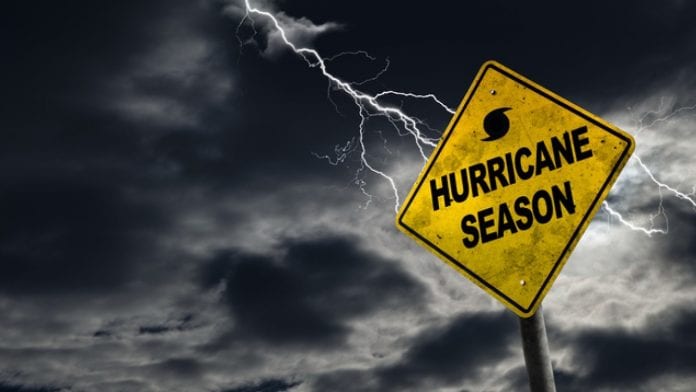
[ad_1]
As we head into what is expected to be an above-average hurricane season, many Miami residents may already have emergency plans in place, but it’s also important to make sure you’re financially prepared.
Here are five tips to help you prepare for a significant storm impact:
1. Prepare a financial emergency kit. Place copies of any physical financial documents you might need immediately in a waterproof “go bag,” which could include financial statements, utility bills, credit card statements, etc. Consider switching to secure electronic delivery of bank, credit card, and other financial statements to prevent the loss of paper financial records during a hurricane.
2. Protect and preserve important documents. Store other important documents you may need, such as recent tax returns, property deeds, and brokerage and retirement account information, in a safe or strongbox that can withstand fire, flooding, or structural damage to your home. Consider scanning important documents and uploading them to a reliable cloud-based storage service.
3. Evaluate your insurance. Your current homeowners insurance may not provide adequate protection against certain natural disasters, such as flooding. Whether you rent or buy, it’s a good idea to take photos or videos of the property—inside and out. Also note the make, model, serial number, and purchase date of expensive items you may have to leave behind, such as electronics, art, or jewelry. Finally, be sure to upgrade your insurance every time you update your home.
4. Build cash sources. Even with insurance, out-of-pocket expenses related to a disaster, including unplanned living expenses if you’re displaced for a period of time, can be high. To boost your emergency savings, consider talking to a financial advisor about opening a flexible line of credit, such as a home equity line of credit (HELOC), that you can use in an emergency. You can also consider getting a line of credit that’s secured by other assets, such as your investments, or see if your bank has a low-cost, short-term loan program.
5. Share information with family members. In many families, one person can often manage most financial activities. It is important that other family members know what expenses/bills need to be paid, where checking and savings accounts are located, and other important documents. Having regular family financial meetings to discuss where items are stored and how your filing system works can avoid potential confusion and miscommunication.
Following these tips can help ensure you are better prepared financially for the next hurricane.
Read more about hurricane season:
[ad_2]
Source link




